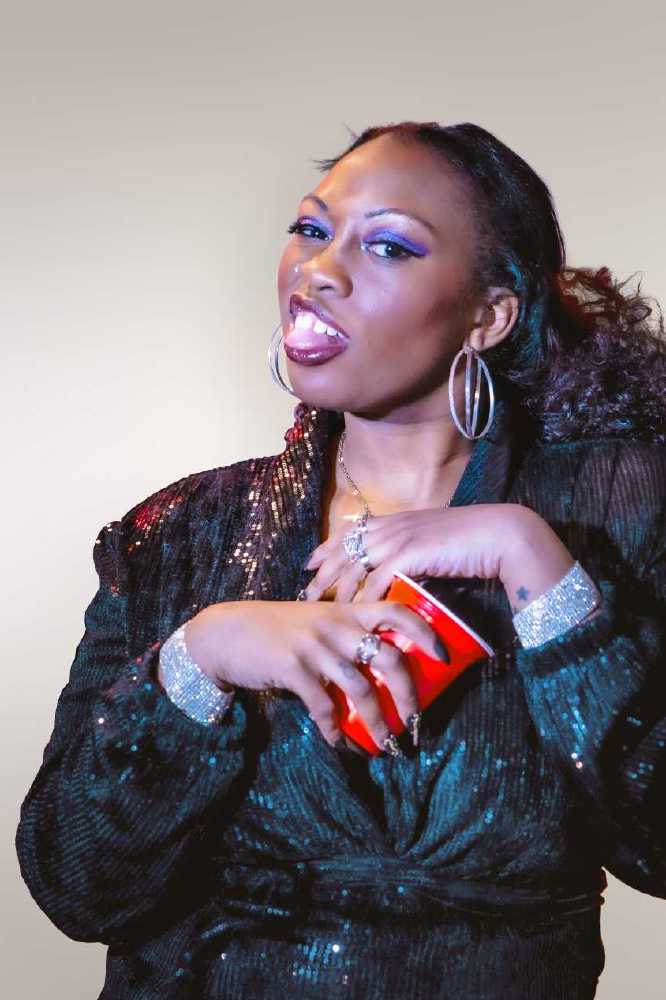“I have no idea how you do it.” This is something I get told a lot in regards to the fact that I do comedy. “Do you even sleep?” is the second most popular question I get ask once people discover what else I do in my life. My response to the latter is normally “of course I sleep”. But this is not always true, but not when my mental health is triggered.

Sikisa
I grew up as an only child in a council estate but oblivious to my surroundings, I was actually a happy child who turned into a happy adult. Or so I thought until I embarked on therapy sessions at the end of 2019. Little did I know that I let my fears and anxiety build up for so many years that my usual way of coping was to avoid them and conflict and just bury my emotions in order to not upset people around me wasn’t working anymore. I’ve never been great of speaking up because ultimately, I was in fear of upsetting people, but in comedy I found my voice. I found a platform where I was able to talk and share about life and daily struggles as well as random things that annoy me like hummus, and people allowed me to do without a massive feeling of I am going to be judged for what I said. I was able to take control of the conversation and ultimately take control of my fear by exposing myself and becoming vulnerable in a public way.
It’s an inside joke that the majority of comedians have mental health issues, which is probably why they do it. Personally, there has been some things that have happened to me which I have felt comfortable talking about on stage in a room full of people because I find it therapeutic. It’s making light out of darkness. However, there are times for me when being able to go on stage and tell jokes has allowed me to be distracted about what is happening in my personal life. Comedy has been a saving grace as it has forced me to get out of bed, get dressed, be productive, and leave the house.
Having mental health issues when I was in my 30s involving depression and anxiety have to do with feeling isolated and ashamed, so when you can talk about these issues openly and make people laugh. It’s going to be comforting for audience members to know that someone that they admire or love watching perform, suffers from mental health issues, and ultimately brings comfort to them.
Comedy is my happy place. The laughter of a room lightens my burdens, inspires hope, connects me to others, and keeps me grounded. With so much power to heal and renew, the ability to allow people to laugh easily is the best feeling in the world and I hope I am able to continue to do it; not only heal others but heal myself.
RELATED: Edinburgh Fringe Festival 2022: Conrad Koch shares how comedy has helped his mental health
Tagged in Edinburgh Festival Fringe

